Did a little research on these exhausts and here's the best and most consice article I found. Ross Collins turned the Honda racing team intoa winner in the '70's due to his exhaust desingns, among other innovations. Enjoy :
Motorcycle Drag Racing Hall of Fame Series
RUSS COLLINS - THE SORCERER
Russ Collins began drag racing motorcycles in the late 1950s. By the mid-60s, he was an authority on high performance motorcycle engines. In 1969, Russ began racing Honda 750s and designed the first, four-into-one motorcycle exhaust header. He started RC Engineering to manufacture that product.
Before the end of the year, he'd set the first ever National Hot Rod Association track record for a Japanese motorcycle and was winning races on RC Engineering-built Hondas at a time when Triumph and Harley-Davidson dominated the sport. Not only was Collins, himself, setting records and winning but so were his customers. Russ Collins became a drag racing legend and RC Engineering became the place to go for high performance parts for Japanese bikes. Its motto was and remains today: "We prove our products in the face of our competitors."
The Revolution in Motorcycle Drag Racing
RC Engineering's reputation for pushing the limits of technology led to the first, successful, blown-injected-on-fuel drag bike. Built in 1971, "The Assassin" weighed a mere 360 pounds and was powered by a 400 horsepower Honda four-cylinder. On The Assassin, Collins set drag race records all over the country. Innovations abounded on that famous bike. It had the first dual- Weber carburetor set-up for a motorcycle and later it was the first motorcycle to use fuel injection and a supercharger together. It was the first Japanese motorcycle to use magneto ignition. It was the first Japanese bike to run on alcohol and nitromethane fuels. By 1973, to beat The Assassin, other racers were forced to use double-engine Nortons, Triumphs and Harley-Davidsons.
Responding to the double-engine "trend", RC Engineering raised the bar another notch. Russ Collins built the "Atchison, Topeka and Santa Fe", a thundering, three-engine, nitromethane-burning, Honda. This frightening machine became the first, seven-second motorcycle in drag racing and the first Top Fuel bike with a Japanese engine to hold a NHRA National Record. The "AT&SF," also, became the first motorcycle to win NHRA's coveted "Best Engineered Car" award at the Springnationals in 1973.
Russ Collins' three-motor monster eventually ran a best of 7.80 sec./179.5 mph but, in the end, proved a death-defying ride. In 1976, it was destroyed in a horrendous crash at Akron, Ohio that nearly killed Russ, put him in the hospital for several weeks and kept him in a wheelchair for several more. You can't keep a wild man down, though.
While recuperating from the accident, Collins designed the "Sorcerer", his final Top Fuel bike creation. Built in early-1977 and later billed as the World's Greatest Drag Bike, Sorcerer was powered by a pair of 1000cc. Honda fours. This bike won a second NHRA Best Engineered Award for RC Engineering. Blown, injected and running on 90% nitro, this two-wheeled, twin-engined rocket set a world motorcycle acceleration record for the quarter- mile of 7.30 sec./199.55 mph. That mark stood for 12 years, a truly astonishing feat in a sport where records are broken monthly.
In 1980, Russ Collins passed the 200mph drag bike torch to younger competitors. Two were his own employees, Terry Vance and Byron Hines, who raced a RC Engineering-built ,Top Fuel Suzuki. In addition to several event wins, their bike won the company's third NHRA Best Engineered Award. Those two racers went on to success with their own motorcycle business, Vance&Hines.
Russ Collins' ultimate achievement in the motorcycle world came on July 9, 1999 when he was inducted into the American Motorcycle Heritage Foundation's Motorcycle Hall of Fame. Six committees of experts in all areas of motorcycling started with a list of 500 people. Three rounds of balloting reduced that to 72 inductees for 1999 and Collins was one of them. He joins Steve McQueen, J.C. Agajanian, Willie G. Davidson, Evel Knievel, Don Vesco, Malcom Forbes, Bob Hannah, Roger DeCoster and other motorcycling greats as a Motorcycle Hall of Famer.
Motorcycle Drag Racing Hall of Fame Series
RUSS COLLINS - THE SORCERER
Russ Collins began drag racing motorcycles in the late 1950s. By the mid-60s, he was an authority on high performance motorcycle engines. In 1969, Russ began racing Honda 750s and designed the first, four-into-one motorcycle exhaust header. He started RC Engineering to manufacture that product.
Before the end of the year, he'd set the first ever National Hot Rod Association track record for a Japanese motorcycle and was winning races on RC Engineering-built Hondas at a time when Triumph and Harley-Davidson dominated the sport. Not only was Collins, himself, setting records and winning but so were his customers. Russ Collins became a drag racing legend and RC Engineering became the place to go for high performance parts for Japanese bikes. Its motto was and remains today: "We prove our products in the face of our competitors."
The Revolution in Motorcycle Drag Racing
RC Engineering's reputation for pushing the limits of technology led to the first, successful, blown-injected-on-fuel drag bike. Built in 1971, "The Assassin" weighed a mere 360 pounds and was powered by a 400 horsepower Honda four-cylinder. On The Assassin, Collins set drag race records all over the country. Innovations abounded on that famous bike. It had the first dual- Weber carburetor set-up for a motorcycle and later it was the first motorcycle to use fuel injection and a supercharger together. It was the first Japanese motorcycle to use magneto ignition. It was the first Japanese bike to run on alcohol and nitromethane fuels. By 1973, to beat The Assassin, other racers were forced to use double-engine Nortons, Triumphs and Harley-Davidsons.
Responding to the double-engine "trend", RC Engineering raised the bar another notch. Russ Collins built the "Atchison, Topeka and Santa Fe", a thundering, three-engine, nitromethane-burning, Honda. This frightening machine became the first, seven-second motorcycle in drag racing and the first Top Fuel bike with a Japanese engine to hold a NHRA National Record. The "AT&SF," also, became the first motorcycle to win NHRA's coveted "Best Engineered Car" award at the Springnationals in 1973.
Russ Collins' three-motor monster eventually ran a best of 7.80 sec./179.5 mph but, in the end, proved a death-defying ride. In 1976, it was destroyed in a horrendous crash at Akron, Ohio that nearly killed Russ, put him in the hospital for several weeks and kept him in a wheelchair for several more. You can't keep a wild man down, though.
While recuperating from the accident, Collins designed the "Sorcerer", his final Top Fuel bike creation. Built in early-1977 and later billed as the World's Greatest Drag Bike, Sorcerer was powered by a pair of 1000cc. Honda fours. This bike won a second NHRA Best Engineered Award for RC Engineering. Blown, injected and running on 90% nitro, this two-wheeled, twin-engined rocket set a world motorcycle acceleration record for the quarter- mile of 7.30 sec./199.55 mph. That mark stood for 12 years, a truly astonishing feat in a sport where records are broken monthly.
In 1980, Russ Collins passed the 200mph drag bike torch to younger competitors. Two were his own employees, Terry Vance and Byron Hines, who raced a RC Engineering-built ,Top Fuel Suzuki. In addition to several event wins, their bike won the company's third NHRA Best Engineered Award. Those two racers went on to success with their own motorcycle business, Vance&Hines.
Russ Collins' ultimate achievement in the motorcycle world came on July 9, 1999 when he was inducted into the American Motorcycle Heritage Foundation's Motorcycle Hall of Fame. Six committees of experts in all areas of motorcycling started with a list of 500 people. Three rounds of balloting reduced that to 72 inductees for 1999 and Collins was one of them. He joins Steve McQueen, J.C. Agajanian, Willie G. Davidson, Evel Knievel, Don Vesco, Malcom Forbes, Bob Hannah, Roger DeCoster and other motorcycling greats as a Motorcycle Hall of Famer.


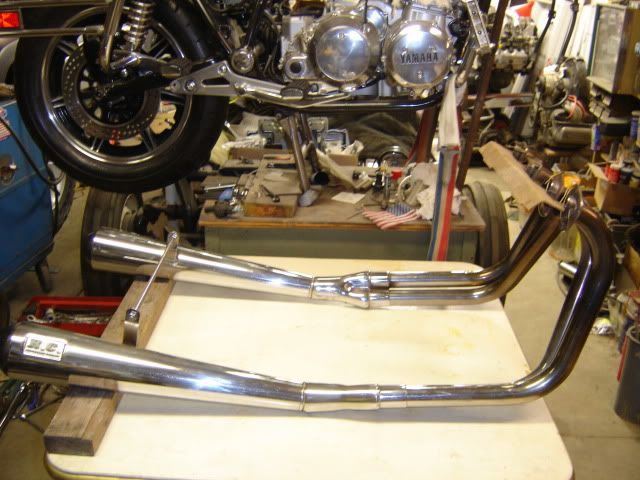



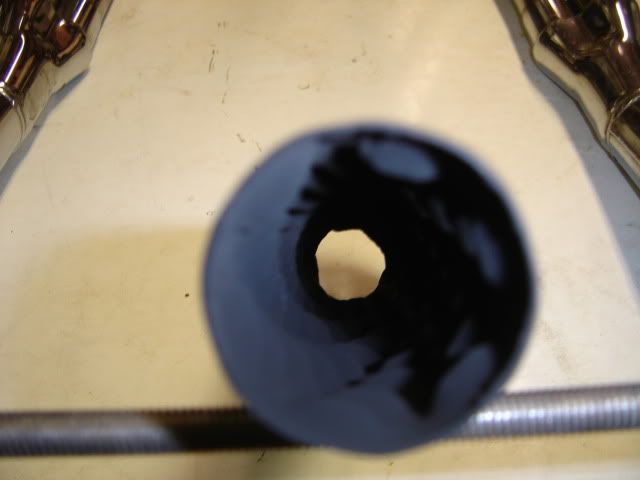




 )
)





 Anyway, I'm looking for a good RC pipe if anyone knows where to find one. The one I have is rough.
Anyway, I'm looking for a good RC pipe if anyone knows where to find one. The one I have is rough.

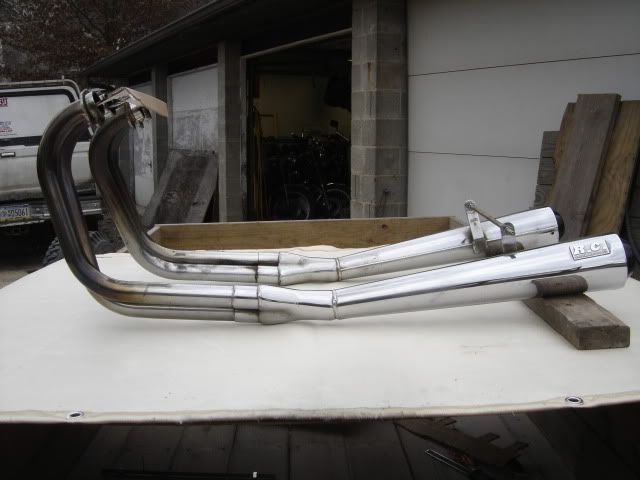



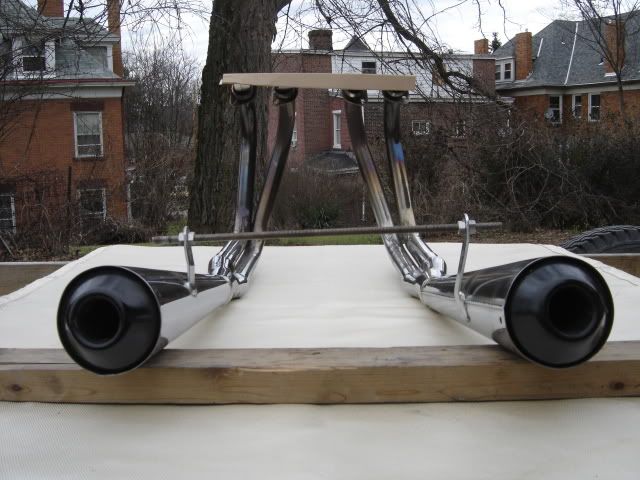

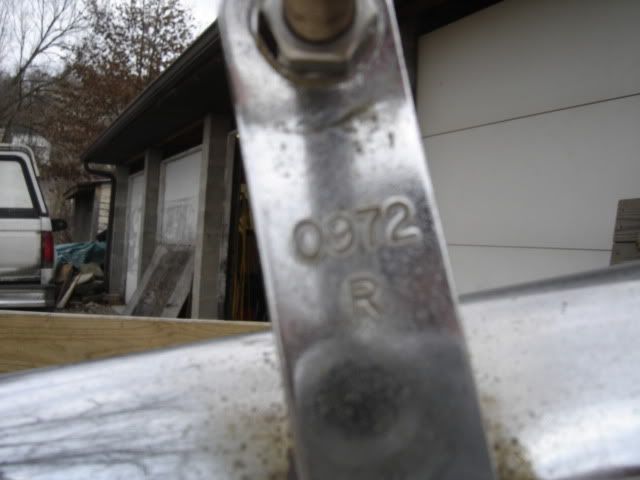

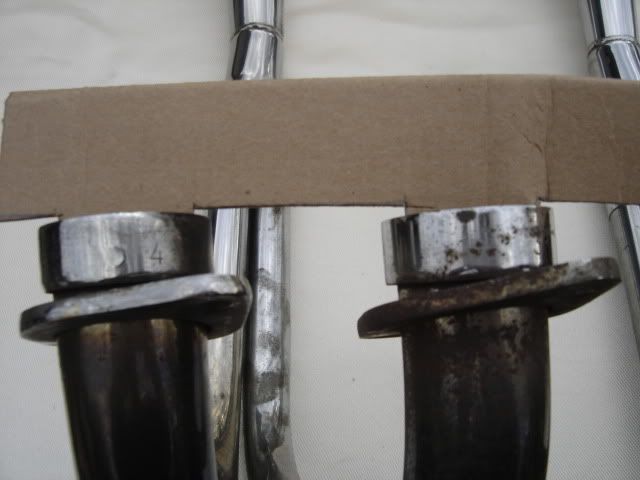
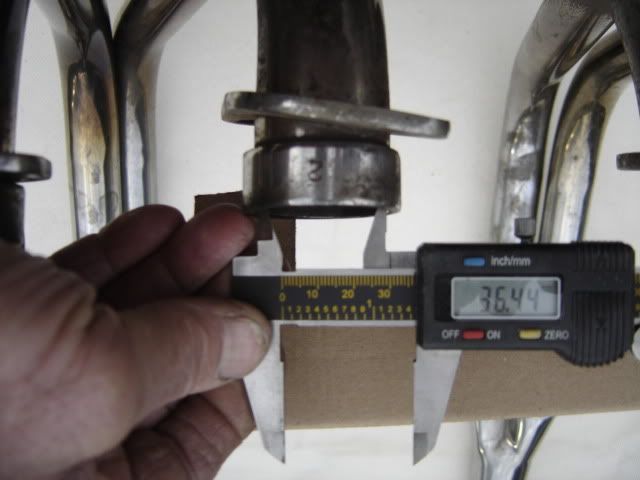
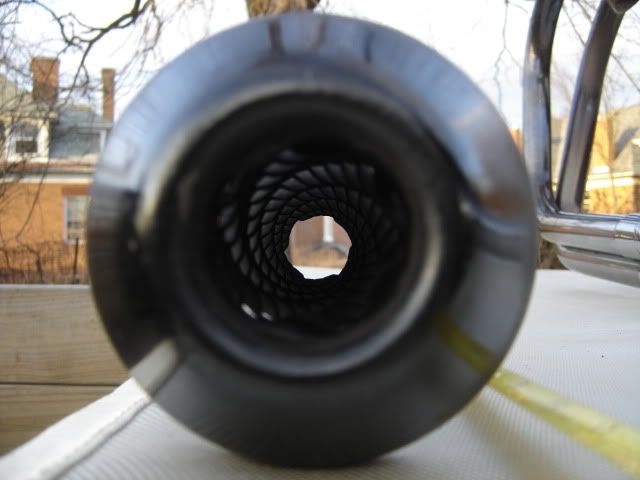
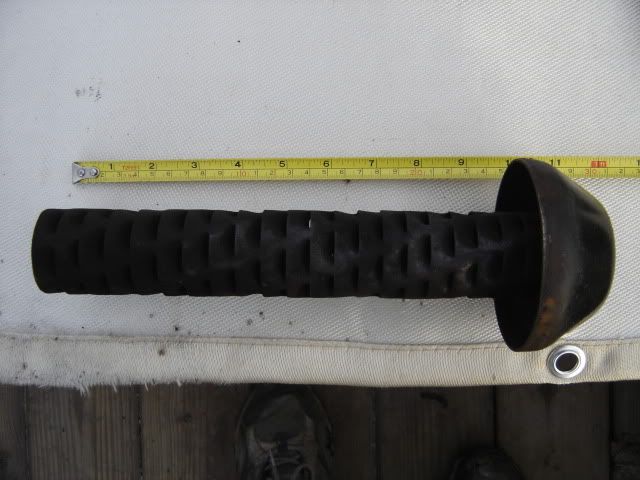
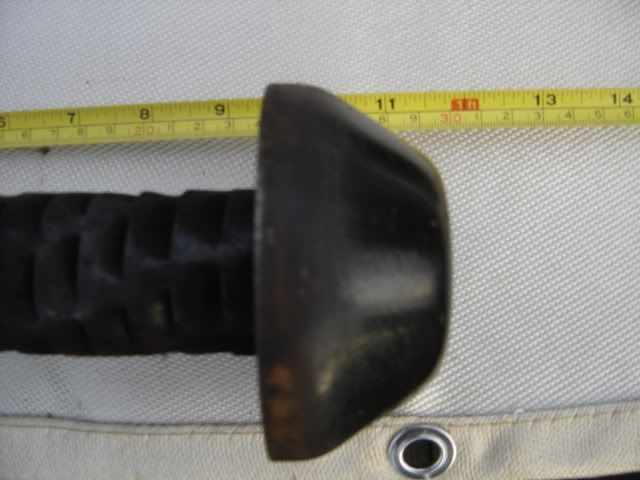


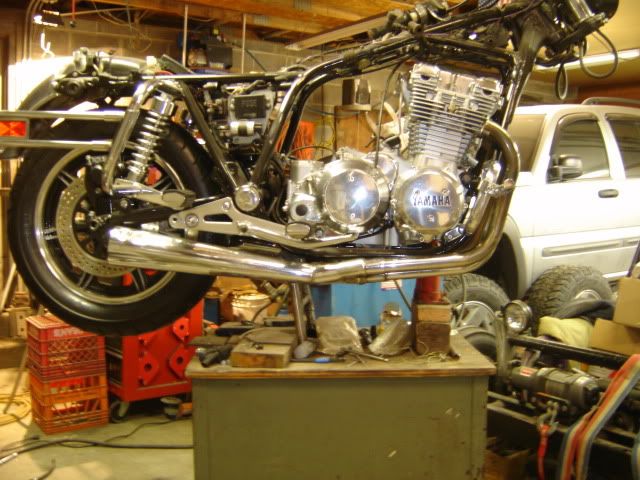

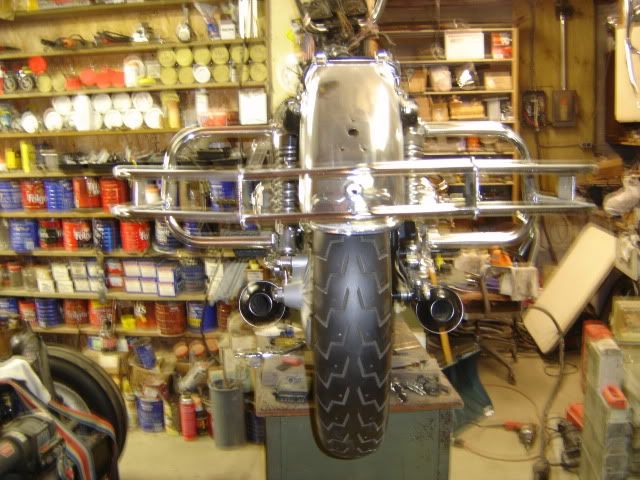

Comment